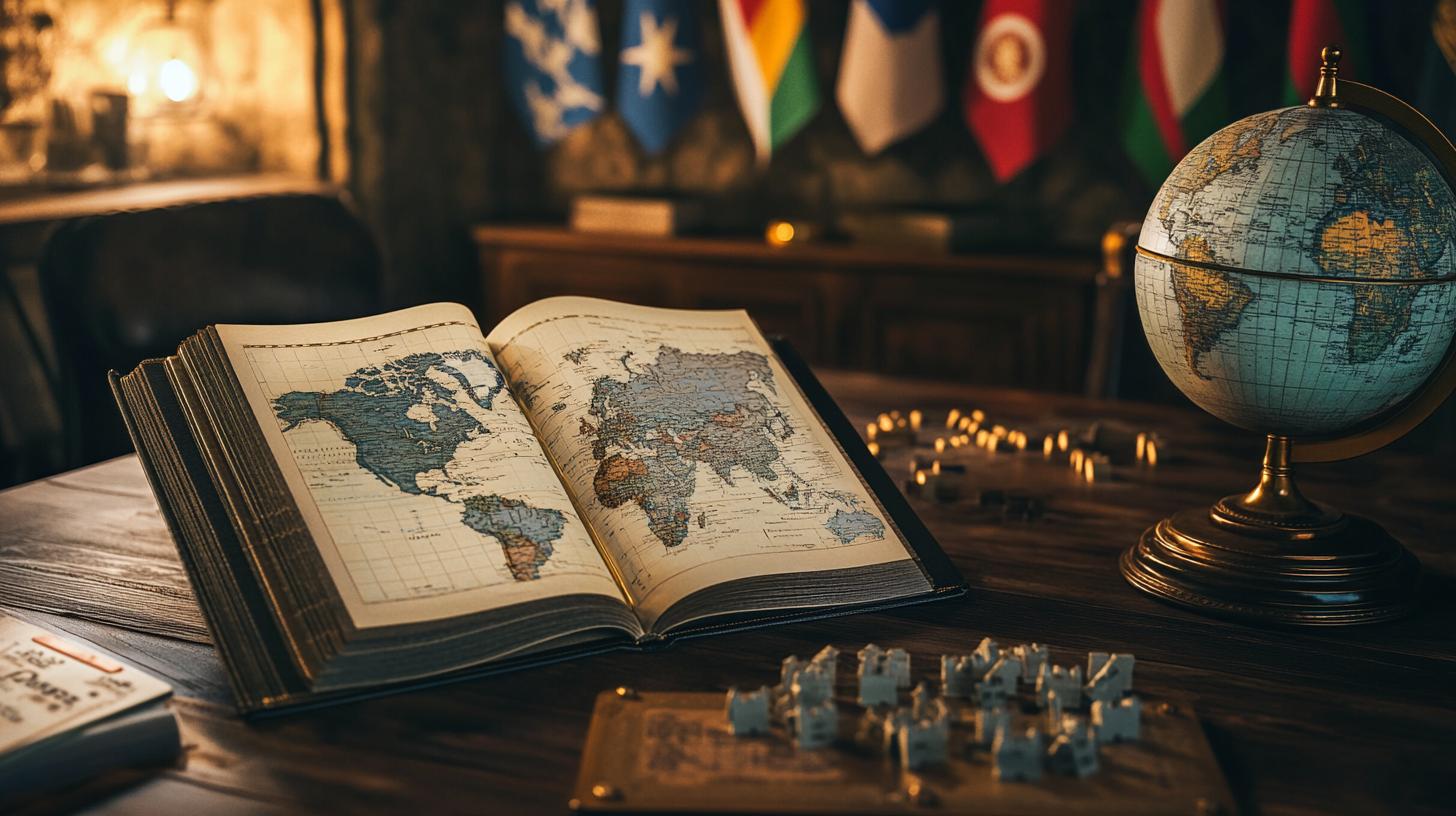Diplomacy Beginner Guide: Master the Art of Strategic Negotiation
Welcome to your essential Diplomacy Beginner Guide, designed to equip newcomers with the skills and strategies needed to excel in the world of strategic negotiation. Whether you’re stepping onto the Diplomacy.gg platform for the first time or seeking to refine your approach, this guide offers invaluable insights to enhance your gameplay and interpersonal tactics.
Understanding the Basics of Diplomacy
Diplomacy, at its core, revolves around negotiation, alliance-building, and strategic planning. Unlike other strategy games that rely heavily on chance, Diplomacy emphasizes player interaction and negotiation, making communication skills paramount. As a beginner, it’s crucial to grasp the fundamental rules, including the movement of units, supply centers, and the importance of timing in agreements.
Building Effective Alliances
Alliances are the backbone of successful Diplomacy gameplay. Establishing trust and maintaining open lines of communication with other players can provide mutual benefits and strategic advantages. Start by seeking common interests and clear objectives with potential allies. Remember, flexibility is key—alliances may shift as the game progresses, so stay adaptable and always be prepared to renegotiate terms as needed.
Strategic Planning and Execution
Developing a robust strategy involves anticipating opponents’ moves and planning several steps ahead. Begin by analyzing the initial map and identifying key supply centers that can bolster your position. Prioritize both defensive and offensive maneuvers, ensuring you can protect your assets while expanding your influence. Consistently reassess your strategy based on the evolving dynamics of the game to stay ahead of competitors.
Enhancing Communication Skills
Effective communication is essential in Diplomacy, as it facilitates negotiations and alliance formations. Practice clear and concise messaging, and always be honest to build trust with other players. Active listening is equally important—understanding opponents’ motivations and intentions can provide strategic insights. Additionally, being persuasive without being overbearing can help secure crucial alliances and agreements.
Managing Conflicts and Negotiations
Conflicts are inevitable in Diplomacy, but how you manage them can determine your success. Approach disagreements with a solution-oriented mindset, seeking compromises that benefit all parties involved. Stay calm under pressure and avoid letting emotions dictate your decisions. Effective conflict resolution can turn potential adversaries into allies, strengthening your position in the game.
Learning from Experience
Every game of Diplomacy offers unique lessons and opportunities for growth. After each session, take time to reflect on your strategies, decisions, and interactions. Identify what worked well and areas where you can improve. Engaging with online communities, reading guides, and studying successful players can also enhance your understanding and performance in future games.
Embrace the Journey
Mastering Diplomacy is a rewarding journey that combines strategic thinking, effective communication, and adaptability. By leveraging this beginner guide, you’ll be well-equipped to navigate the complexities of Diplomacy.gg, build lasting alliances, and achieve your strategic objectives. Dive in with confidence and enjoy the intricate dance of negotiation and strategy that makes Diplomacy a timeless classic.


